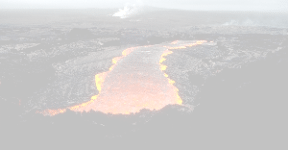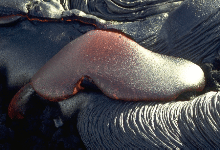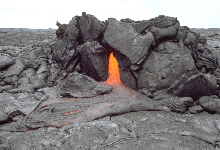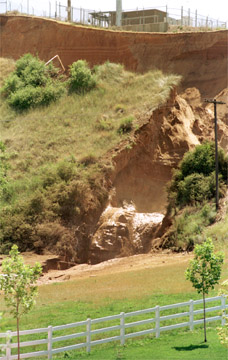Value of Technology In Society: A Simple Overview
Scenario 1: Ketchup With That?

You're 6 years old. Your mom just fried a batch of golden, crispy French fries. You go to the fridge to retrieve a bottle of Heinz ketchup. You take the bottle and sit down at the kitchen table. With your mouth savoring to eat the fries in front of you, you open the bottle of ketchup and direct the opening of the bottle downwards so that the ketchup will flow unto the fries. You wait and wait and wait and wait, but the ketchup has not come out of the bottle yet. Why is it taking so long?
Well, ketchup is a fluid with a high viscosity. Further, the viscosity of a fluid, such as ketchup, is affected by temperature. As the temperature increases, the viscosity of the fluid decreases and vice versa. Therefore, because the ketchup was stored in the fridge, the lower temperature increased the viscosity of the fluid. This is why is it taking so long for the ketchup to come out of the bottle. Its resistance to flow is greater due to its subjection to the lower temperature in the fridge. If you knew now what you didn't know then, you could have gotten Mom to heat the bottle to increase the flow of ketchup. But who does that? Usually, a good tap on the bottom of the bottle will do. Just make sure the ketchup doesn't "splat" all over you! You would definitely lose a lot of cool points for that!
|
Think about the differences between a "bad" and "good" milk shake. For most people, a bad milk shake is usually watered down and thin. A good milk shake is thick. You've probably notice that it takes a lot more suction within in a straw to draw up a good milk shake. This is because the thick shake is more viscous.
|
Scenario 3: Volcano Eruption
Red Alert! Red Alert! Mount Saint Helens has just erupted!!!! Tons and tons of lava are flowing down the volcanic mountain. All surrounding inhabitants have to evacuate the premises and flee to safer grounds. Since viscosity is an internal property of a fluid that resists flow, how can one characterize the volcanic activities of Mount Saint Helens in terms of the viscosities of magma and lava?


Well, viscosity is
important in volcanology. If magma is primarily in the fluid phase, it is more
likely to erupt. When lavas with higher viscosities erupt, they usually do
so more explosively. Viscosity also affects the shapes of lava flows and the
mountains they erupt from. The more viscous the magma, the fatter the lava flow.
Also, the more viscous the magma erupted, the steeper the volcano.
|
Scenario 4: Mudslide Have you ever seen footage of mud slides on shows such as National Geographics? The flow of mud down the hill greatly depends on the viscosity of the fluid. The faster the flow of the mud, the lower its viscosity and vice versa.
|
 |